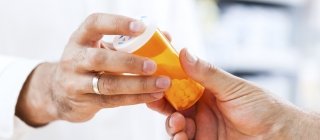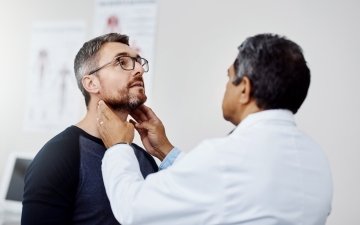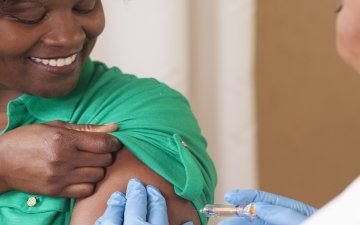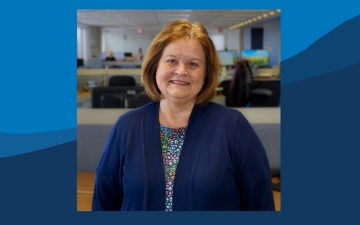Dr. Joshua Plavin: Expansion of Drug Take-Back Protects Waterways & the Public

Commentary by Dr. Josh Plavin, Vice President and Chief Medical Officer regarding the importance of the expansion of drug take back programs.
Excess pharmaceuticals in home medicine cabinets are a risk to Vermonters and our environment. Nationally, 66% of American adults take prescription medications. Improper storage and disposal of unused drugs impacts our waterways and wildlife, endangers the safety of our children, and has significant societal impacts, while causing unnecessary waste and cost in our healthcare system. New legislation (H.462) proposed this session seeks to expand pharmaceutical take back programs, and is a modest expansion to help prevent these significant impacts by offering more opportunities for people to safely dispose of excess medications. Drugs that are returned to police stations and pharmacy drop off locations are diverted away from waterways and societal misuse by being incinerated.
The most important action we can take is to divert the problem at its source and limit unnecessary medications from entering those medicine cabinets in the first place. A number of limitations exist to ensure that the correct amount of medically necessary medications are prescribed and filled. This includes quantity limits and rules against filling prescriptions too soon. While causing an inconvenient trip to the store, these limits help to ensure that patients don’t have a larger supply of drugs at home than are necessary. If a person refills their 30-day refill of medications several days early each month they could end up stockpiling a multiple-week supply. Preventing an excess supply of drugs is the best way to lessen these risks.
Pharmacists and healthcare providers continue to be under extreme stress due to the surging virus. When workloads normalize, we need to work together to bolster reductions in over-dispensing. Effective care management programs in primary care practices can review prescriptions and have a positive impact on patient quality outcomes, lower costs, all while supporting the provider practice through value-based payments. These reductions put a check on automatic refills that are no longer useful to the patient.
Pharmaceutical contaminants, including antibiotics, anti-depressants, hormones and opiates, are being detected in the groundwater supply for drinking water across the United States. Pharmaceutical pollution impacts both our ecological systems and human health. Proper disposal is essential to keep our water resources clean and to protect our environment. Drop off locations must be accessible and widely available to avoid stockpiling old medications in the bathroom cupboard, throwing them in trash, or flushing extra pills and liquids.
During the pandemic we have seen a daunting increase in addiction and mental health challenges across Vermont. Extra and unused drugs sitting on bathroom shelves offer kids a dangerous opportunity. To prevent misuse, store medications in a locking box or cabinet, dispose of unused drugs at a pharmacy kiosk or police station, or reach out to the Vermont Department of Health for a free medication mail back envelope. We have a critical responsibility to limit the potentially catastrophic results of having extra medications in homes.
The expansion of drug take back programs and holding the line on limiting early refills are two immediate actions we can take to keep excess drugs out the hands of kids and our rivers.



